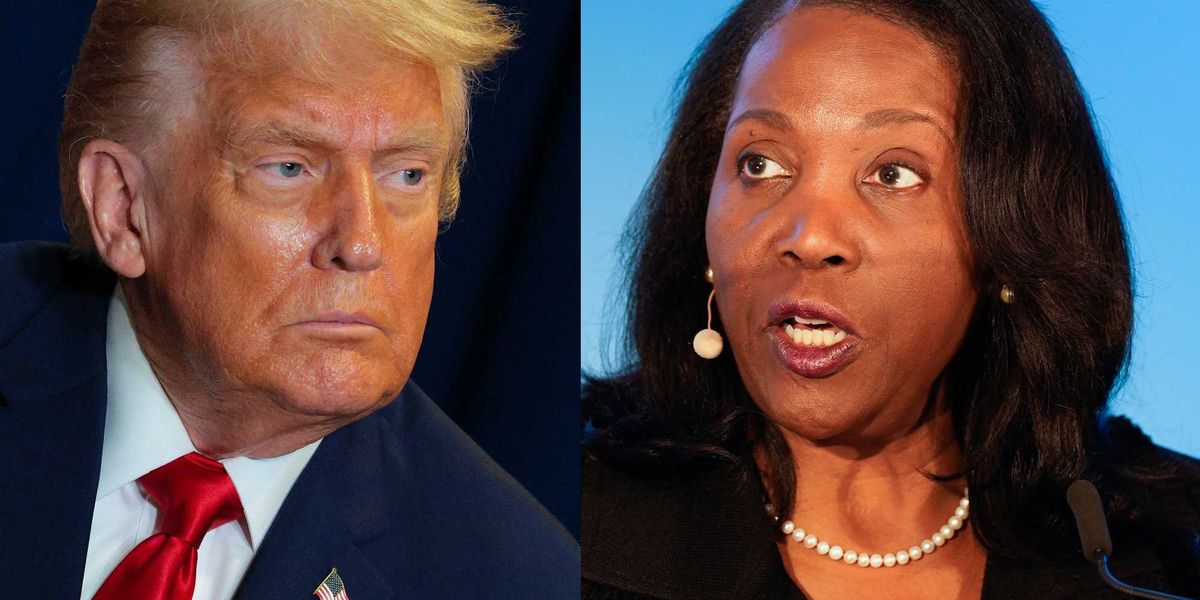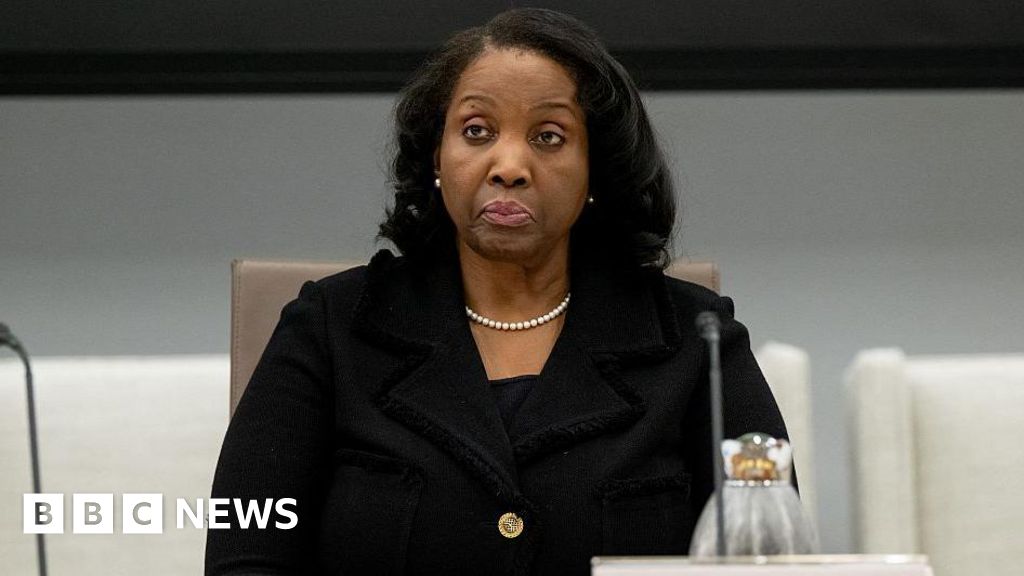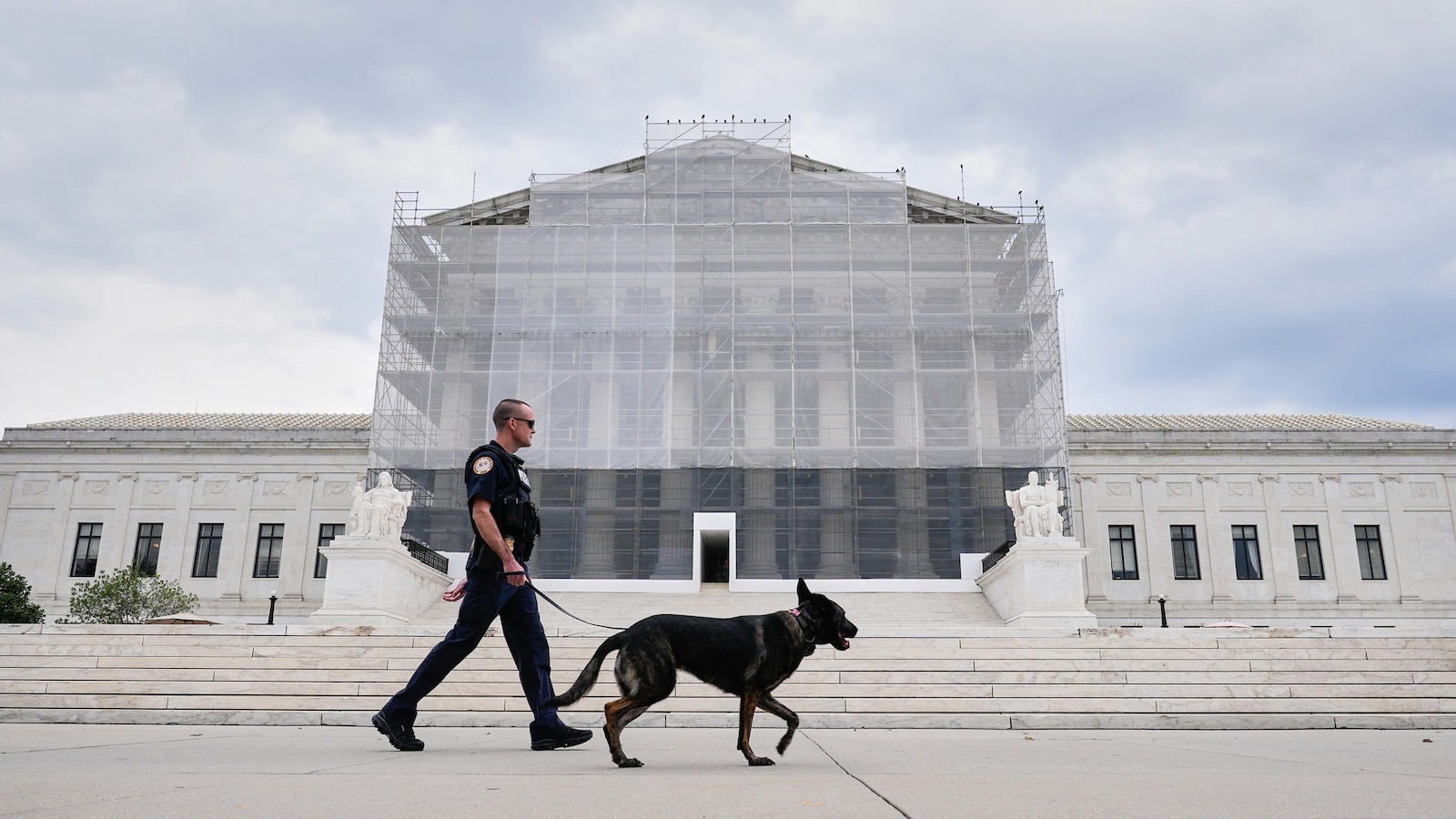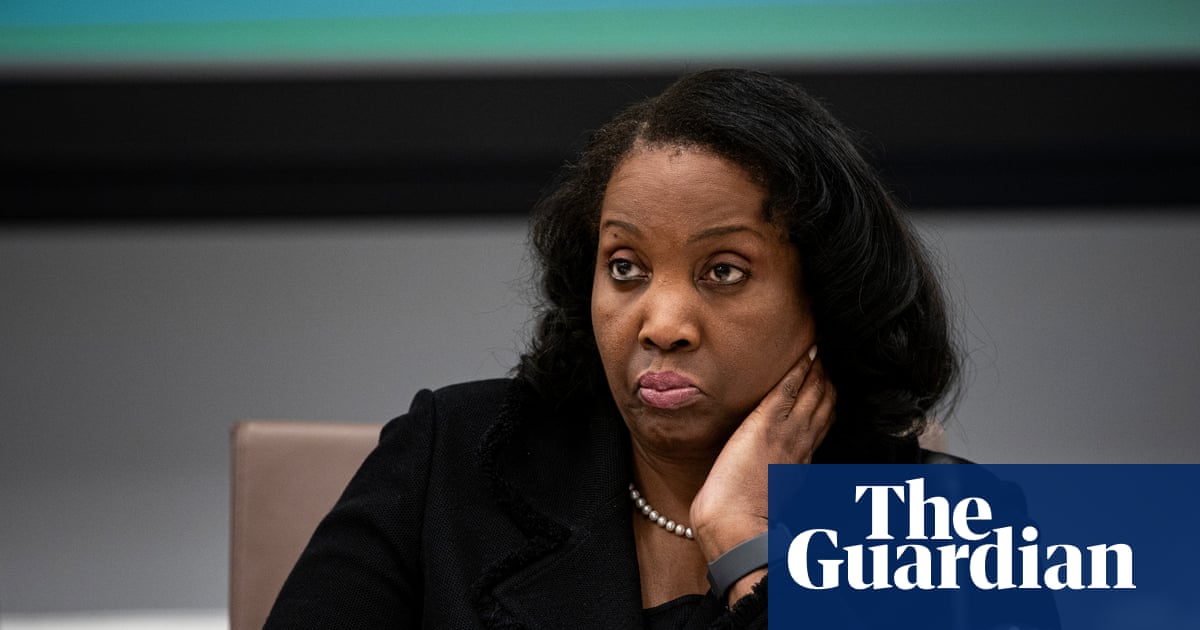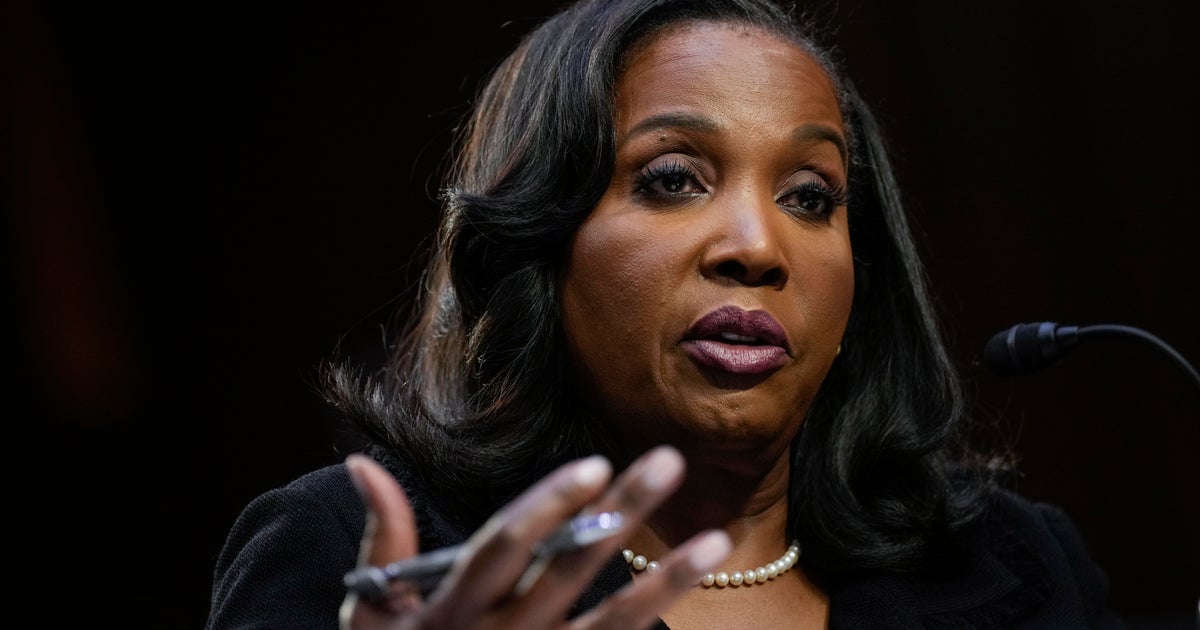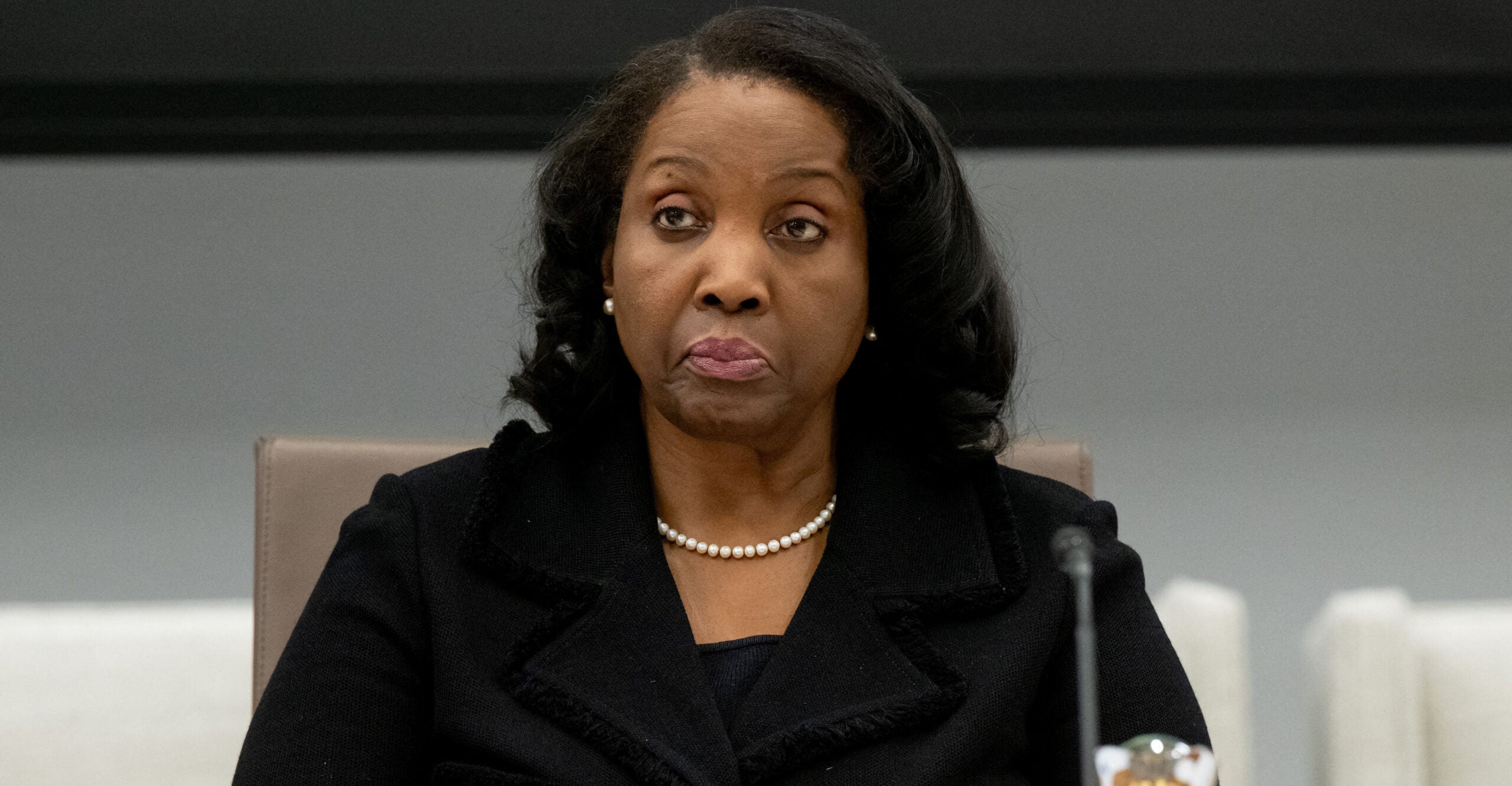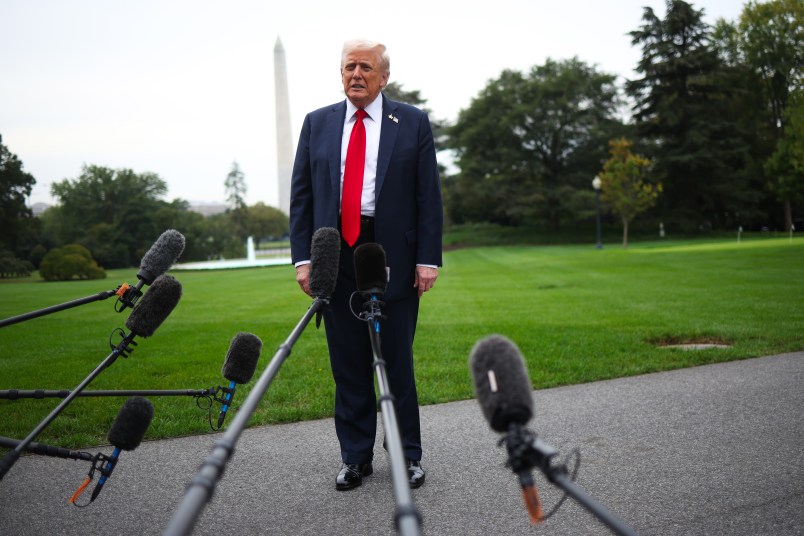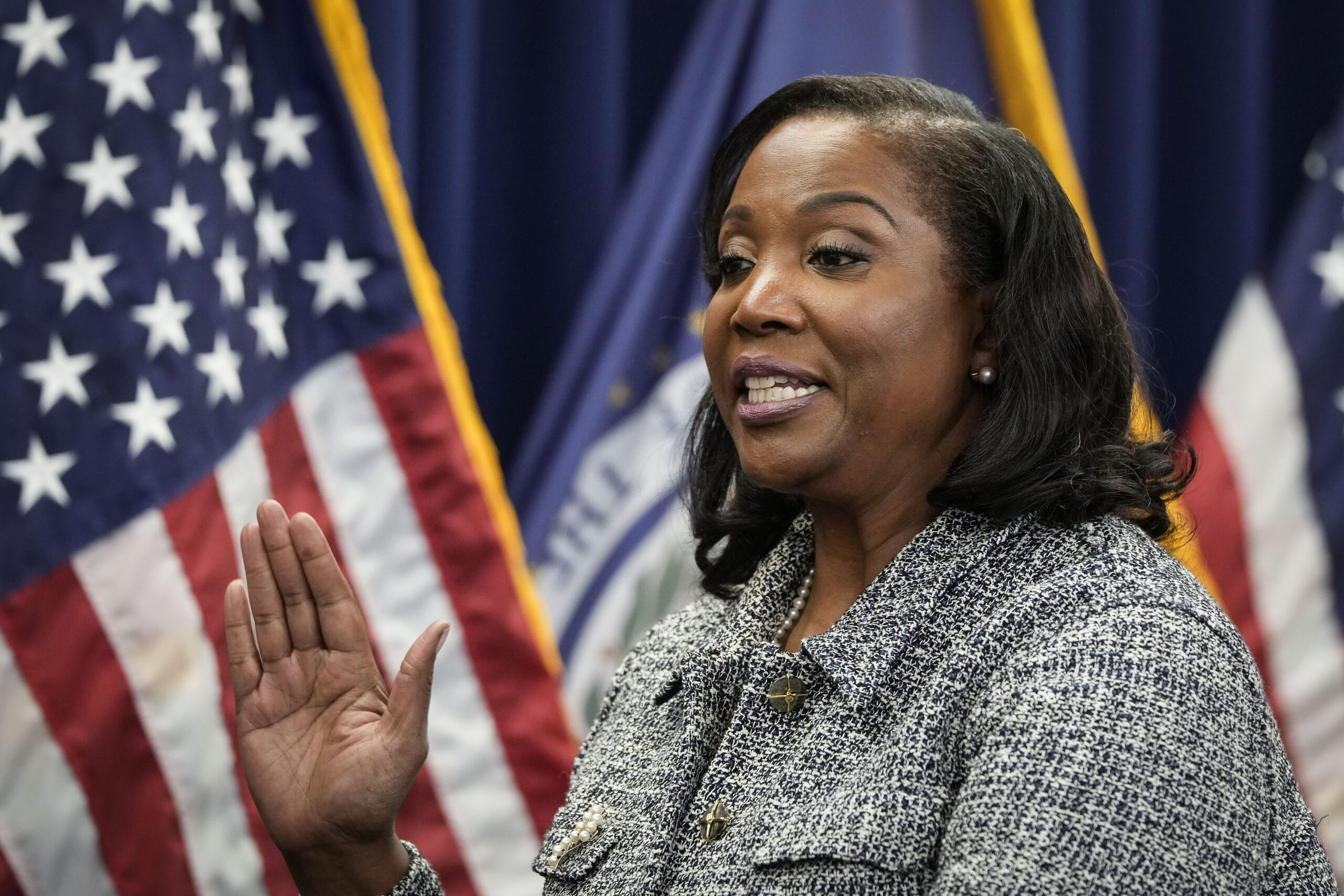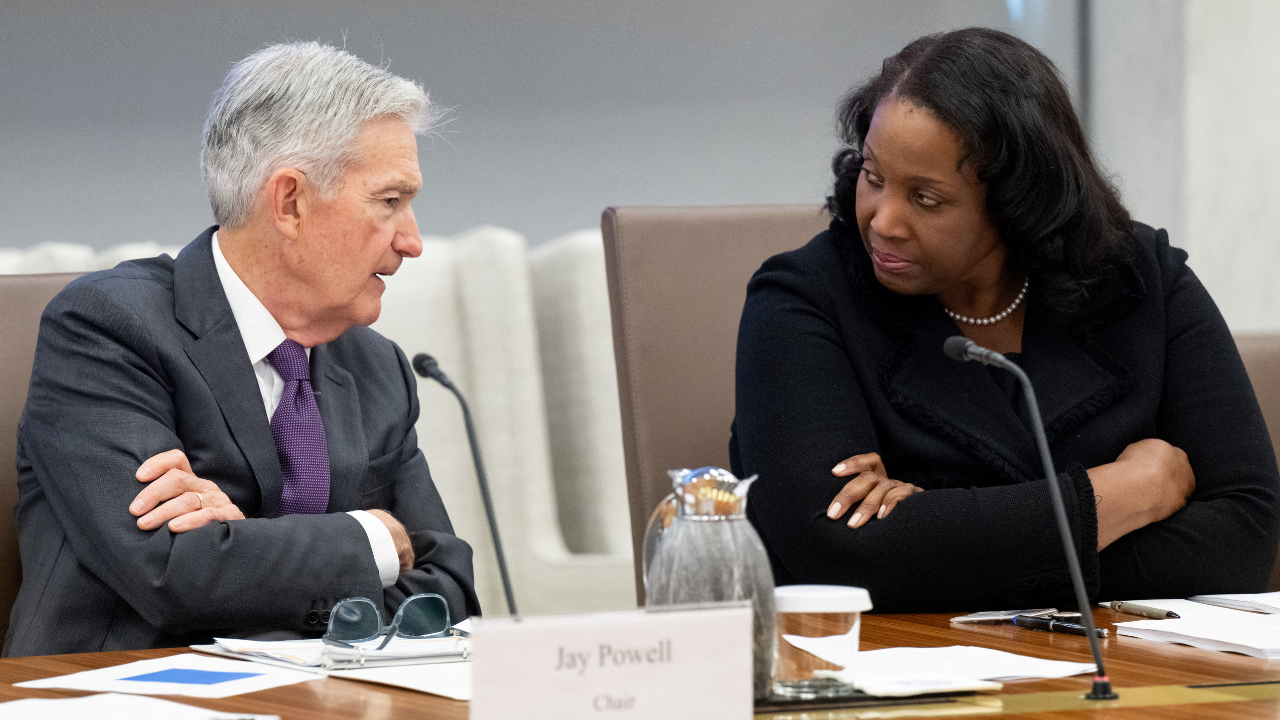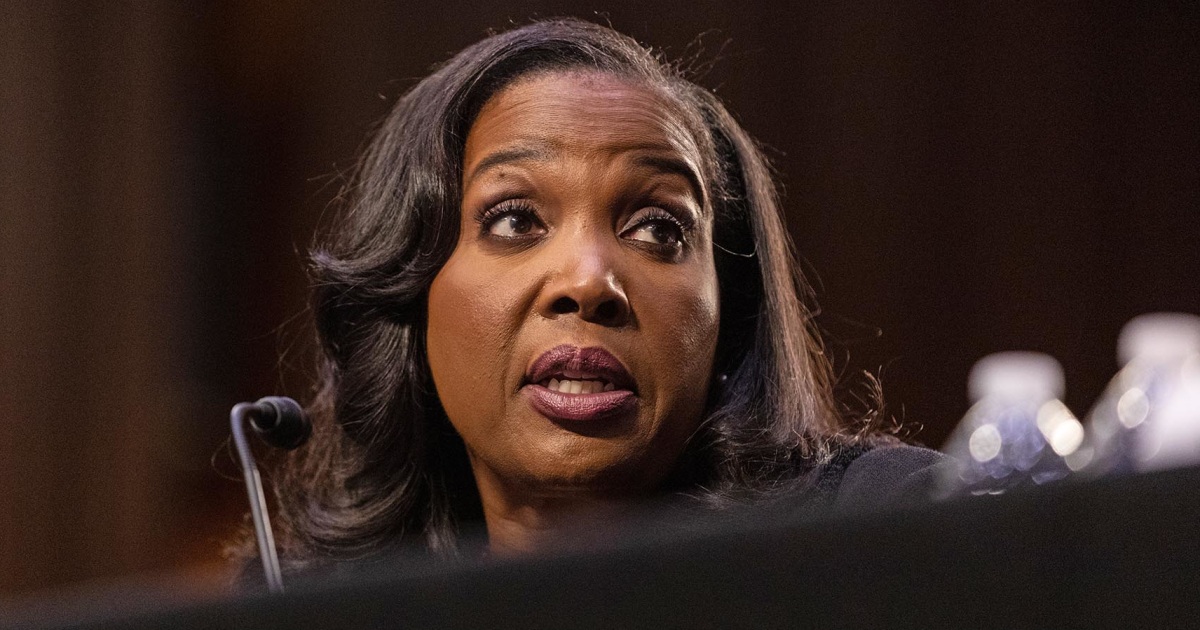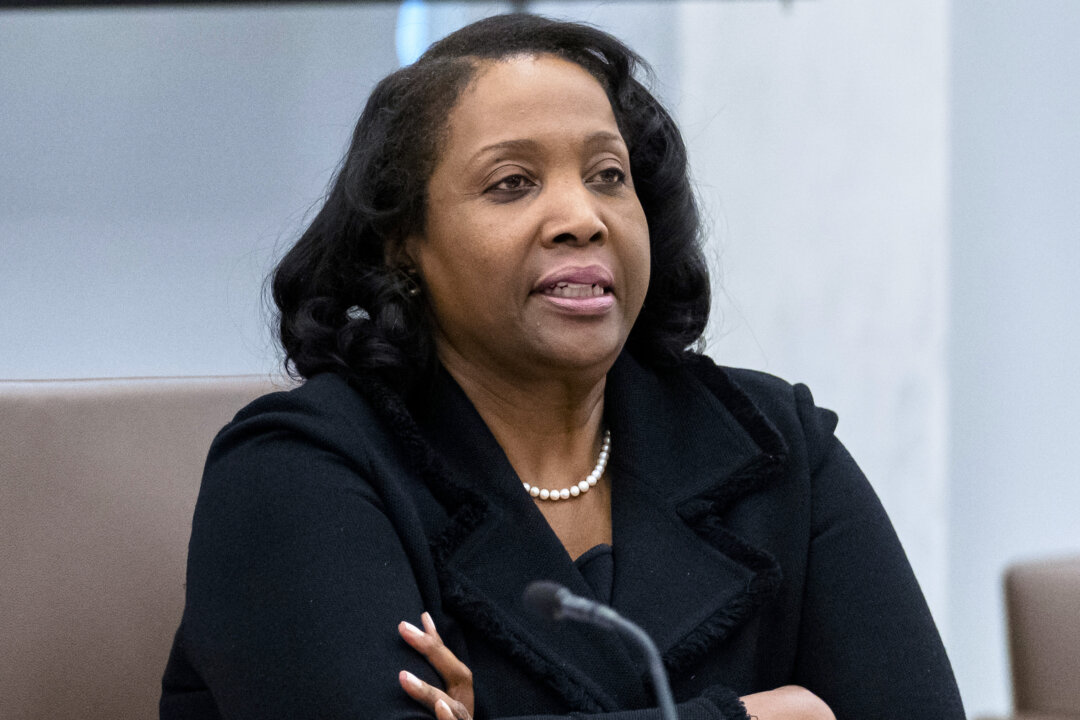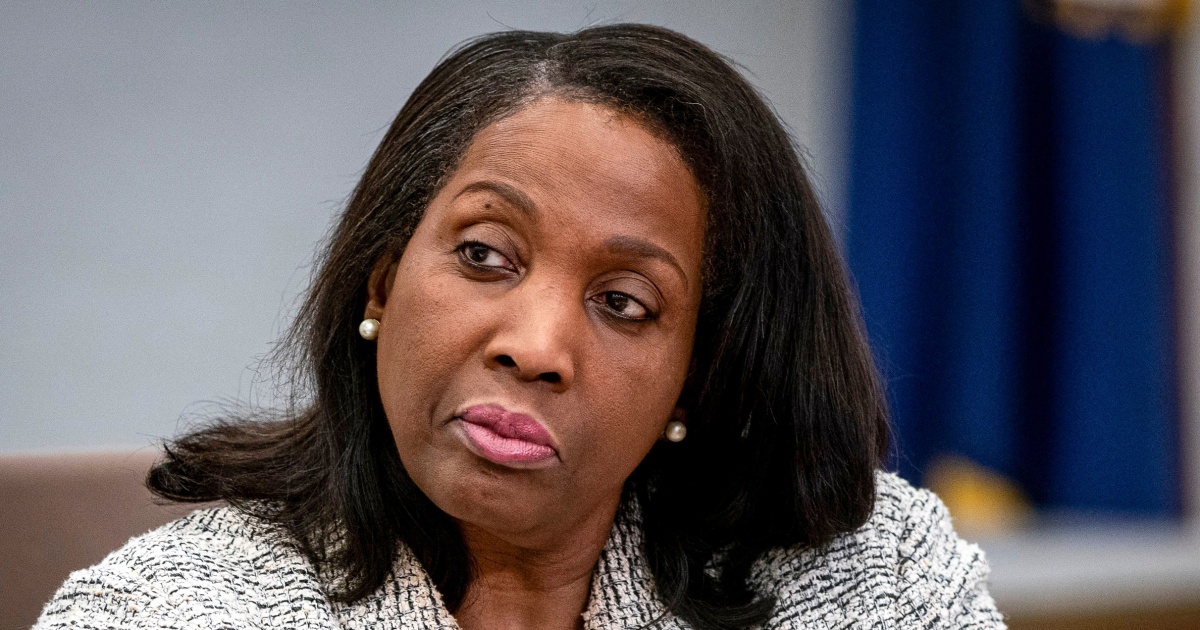Supreme Court Halts Trump's Attempt to Remove Fed Governor Lisa Cook Amid Unprecedented Legal Challenge
The Supreme Court temporarily blocked President Trump's attempt to fire Federal Reserve Governor Lisa Cook over mortgage fraud allegations, a move unprecedented and legally untested, with Cook denying all charges.
Subscribe to unlock this story
We really don't like cutting you off, but you've reached your monthly limit. At just $5/month, subscriptions are how we keep this project going. Start your free 7-day trial today!
Get StartedHave an account? Sign in
Overview
- President Trump attempted to fire Federal Reserve Governor Lisa Cook in late August, citing allegations of mortgage fraud, which Cook denies as politically motivated.
- The Supreme Court temporarily allowed Governor Cook to remain on the board, scheduling oral arguments for January 2026 to address the unprecedented legal challenge.
- This marks the first time a president has tried to remove a sitting Fed governor, and the specific law governing such a firing has never been tested in court.
- Despite the allegations, Governor Cook has not been charged with any crime, adding a significant legal dimension to President Trump's removal attempt.
- The Supreme Court's decision aims to maintain stability in financial markets while it reviews the complex legal and constitutional questions surrounding Cook's attempted removal.
Report issue

Read both sides in 5 minutes each day
Analysis
Center-leaning sources cover the Supreme Court's decision to allow Lisa Cook to remain on the Fed board neutrally, focusing on the legal process and institutional implications. They present both President Trump's reasons for attempting removal and Cook's legal arguments regarding Fed independence and due process, without adopting a biased stance. The coverage emphasizes the unprecedented nature of the removal attempt.
Articles (21)
Center (7)
FAQ
The legal foundation for a president’s authority to remove a Federal Reserve governor is untested in court and ambiguous. The Federal Reserve Act is silent on removal except for “cause,” but what constitutes “cause” is not defined, and this question has never been squarely decided by the judiciary. The Supreme Court’s pending oral arguments will likely address this constitutional gray area.
By temporarily blocking the removal of Governor Cook, the Supreme Court’s action helps maintain continuity and stability within the Federal Reserve and the broader U.S. financial system, preventing potential disruption during a period of legal uncertainty.
No, Governor Cook has not been charged with or convicted of any criminal wrongdoing related to mortgage fraud; the allegations remain accusations, not formal charges[5].
Lisa D. Cook’s historic appointment to the Federal Reserve Board in 2022 marked the first time a Black woman has served on the board since its inception in 1913, reflecting progress in diversity within U.S. central banking leadership[1].
The Supreme Court has scheduled oral arguments for January 2026, indicating that the issue is expected to remain unresolved until at least that time, barring an earlier settlement or change in circumstances.
History
- 1M

 18 articles
18 articles
